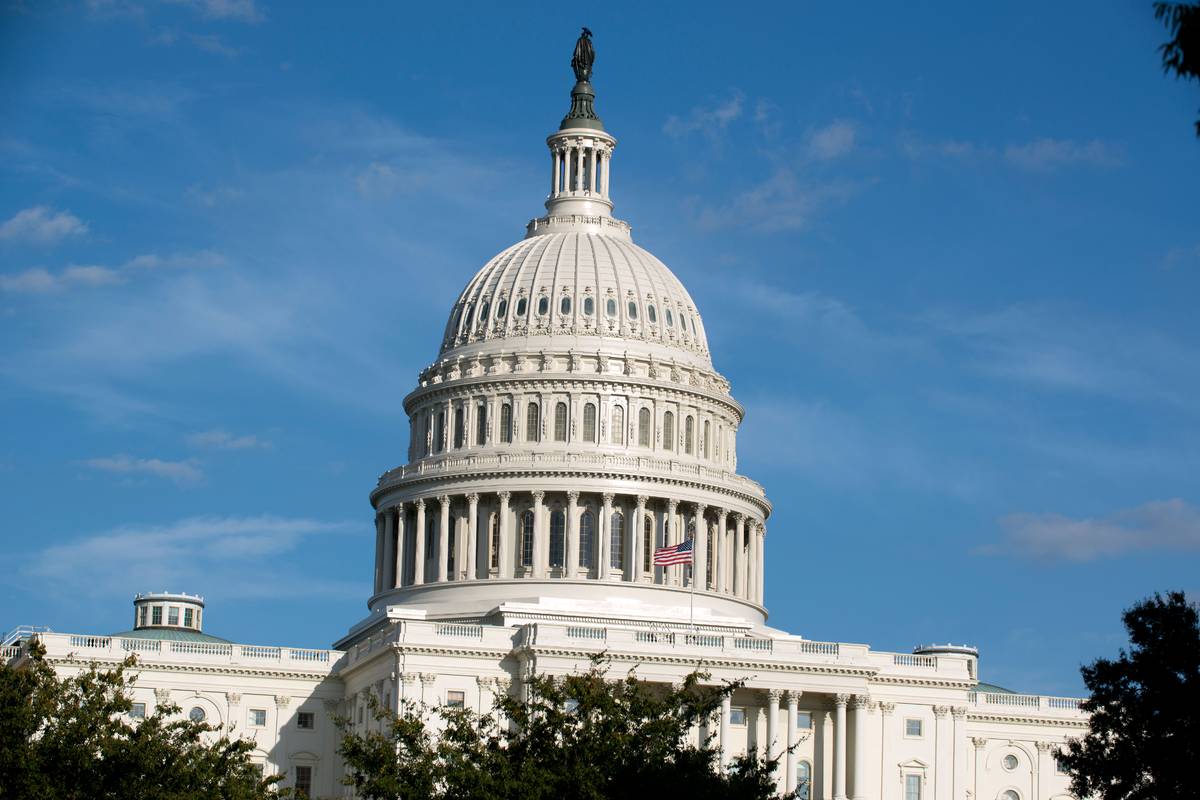Now that the dust has settled from the mid-term elections – with the Republican party firmly in control of both houses of Congress – what are the prospects for comprehensive tax reform? Not as favorable as you might think. Although the GOP hopes to break the political gridlock of recent years, it won’t be easy reaching a consensus, especially when the president can veto initiatives with one stroke of the pen.
Nevertheless, you can expect inroads to be made in certain areas, particularly as taxes relate to the business sector. Here are several high-priority items on the agenda.
Health insurance law: Some of the Obamacare haters are already licking their chops over the battle that is sure to ensue. Of course, an eventual outright repeal is the holy grail for the most vehement of detractors, but you can count on Republications to begin to chip away at the law right away. For instance, the new majority is expected to take aim at eliminating the excise tax on medical devices and liberal transitional rules for insurance companies, at the very least. The debate will be loud and long.
Corporate tax rates: The corporate tax structure has long been decried as being oppressive when compared to the framework in other countries around the globe. It makes it difficult, says the far right, for companies both large and small to compete. Even the president has previously conceded that rates should be lowered. But any rate reduction would have to be accompanied by closing certain tax loopholes, especially for big business, thereby jeopardizing the chance for enactment.
Tax inversions: The use of tax inversions goes hand-in-hand with the pushback against higher corporate tax rates. Companies have been moving their headquarters out of the country and into tax-friendly jurisdictions to avoid the higher U.S. tax burden. Strong objections have been launched from both sides of the aisle – the president and several members of Congress have called the practice “unpatriotic:” – so it seems that this could be one area where legislation will be approved.
Payroll taxes: It isn’t just income taxes that are hitting workers in their wallets. As the Social Security wage base continues to rise each year, without any reduction in rates, payroll taxes are becoming an even greater concern for both employees and employers alike. However, despite calls from rightwing groups to address this issue as part of a tax reform package, it doesn’t seem that the slim Republican majority can muster enough votes to overhaul the system.
Tax extenders: A list of about 55 tax extenders – temporary provisions that expired after 2013 – awaits inspection when Congress gets back to work next week. It includes numerous tax breaks for business entities, such as an increased Section 179 allowance, bonus depreciation and research credits, just to name a few. But it’s not altogether clear whether a lame-duck Congress will approve most extenders before the New Year or whether the incoming group will have to revisit these issues in 2015. As always, you can expect other wild cards to cloud the issue.
Of course, trade-offs are usually involved with any tax legislation, including some concessions that might have to made on the personal income tax side. The long and the short of it: Despite the shift in the political landscape after the elections, significant tax reform doesn’t appear to be in the cards, at least for the near future.
Thanks for reading CPA Practice Advisor!
Subscribe Already registered? Log In
Need more information? Read the FAQs
Tags: Benefits, Income Taxes





